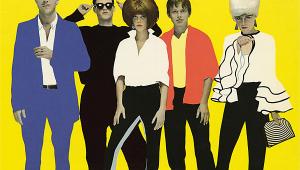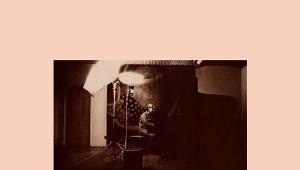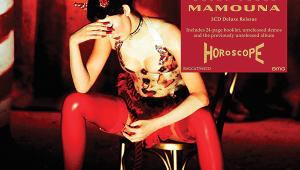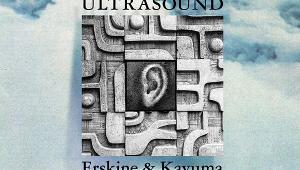Scritti Politti: Cupid & Psyche 85
![]()
In 1985, Scritti Politti had enjoyed chart success with their second album, Cupid & Psyche 85, and had achieved hit singles both in the UK and the US. And with his dreamy demeanour, honeyed vocals and dyed blonde mullet, lead singer and occasional guitarist/keyboard player Green Gartside had become a bona fide pop star.
![]()
In the late '70s, however, the band had been a fixture of the speed-fuelled, post-punk Camden squat scene, with scratchy guitars, rickety rhythms and songs that were only on nodding terms with melody. Green had labelled their style as 'Messthetics' and had he asked for directions towards pop stardom back in those days, he would surely have been met with the old joke, 'You can't get there from here'.
![]()
Deep Thinking
The last years of the 1970s had seen a significant input of politics into the independent music scene, although some so-called 'agitpop' lyrics were about as sophisticated as slogans on placards. Scritti Politti were at the other end of the spectrum, their lyrics informed by Marxism, critical theory and other branches of 20th century philosophy.
![]()
Unusually, the group operated as a commune-like collective. Green, Nial Jinks on bass and Tom Morley on drums were accompanied by many more non-playing members, all credited with making significant decisions when it came to the group's direction. Their name derived from left-wing philosopher Antonio Gramsci's Scritti Politici (Political Writings) and Green was particularly interested in the role of language in art. Turntable favourites in the group's headquarters included former Soft Machine drummer and singer Robert Wyatt, avant-jazz vocalist Annette Peacock, the English folk songs of Martin Carthy, and dub reggae.
In 1978, Scritti Politti financed a single, 'Skank Bloc Bologna', which was distributed through the Rough Trade label. As well as alluding to reggae, its title referenced Antonio Gramsci's concept of the revolutionary 'historic bloc' that would challenge and overthrow existing order, plus insurrection by anarchist radicals in Bologna in 1977.
![]()
There's only so much you can convey in a song and Scritti Politti were so out there politically they were writing over most listeners' heads, although some viewed Green as a kind of intellectual guru. They clearly also had something that people could relate to – 'Skank Bloc Bologna' went on to sell 15,000 copies. For their debut gig at West London's Acklam Hall in 1978, the band played the only four songs they knew twice, each time to enthusiastic applause.
For anti-capitalist idealists operating within the music business some form of compromise becomes inevitable, and Scritti Politti's constant and exhausting self-examination virtually ground the group to a halt after the release of the 4 'A-Sides' EP in 1979.
![]()
Sweeter Sounds
A marked change was heralded in 1981, when a new track, 'The "Sweetest Girl"', turned up on C81, a compilation cassette released via New Musical Express and Rough Trade. With a drum machine producing a gently undulating rhythm and guest musician Robert Wyatt's piano and organ replicating the soundworld of his 1974 album Rock Bottom, it was a surprisingly lovely creation with Green's light voice thriving in the space of the music.
Although ostensibly a love song, Green maintained a distance and an irony via the parentheses in the title, reflected in the line, 'She left because she understood the value of defiance'. The song was later covered by Madness.






































